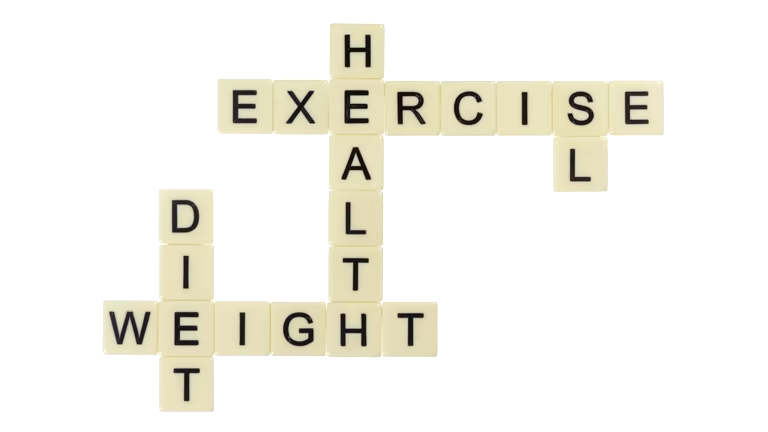Heart Health Essentials: Diet and Exercise Tips for a Stronger Heart
A healthy heart is the foundation of overall well-being. With cardiovascular diseases being a leading cause of death worldwide, taking proactive steps to maintain heart health is crucial. The good news? Simple lifestyle changes—particularly in diet and exercise—can significantly improve heart function and reduce the risk of heart disease.
The Role of Diet in Heart Health
What you eat directly impacts your heart. A heart-healthy diet helps control weight, blood pressure, cholesterol, and blood sugar levels. Here are key dietary tips:
1. Eat More Whole Foods
Focus on nutrient-rich, minimally processed foods:
-
Fruits & Vegetables – Packed with fiber, vitamins, and antioxidants that reduce inflammation.
-
Whole Grains – Oats, quinoa, brown rice, and whole wheat help lower bad cholesterol (LDL).
-
Lean Proteins – Opt for fish (especially fatty fish like salmon, rich in omega-3s), skinless poultry, beans, and legumes.
2. Choose Healthy Fats
Not all fats are bad. Prioritize:
-
Monounsaturated fats – Found in olive oil, avocados, and nuts.
-
Polyunsaturated fats – Present in walnuts, flaxseeds, and fatty fish.
-
Avoid trans fats (found in fried and processed foods) and limit saturated fats (red meat, full-fat dairy).
3. Reduce Sodium & Added Sugars
-
Excess sodium raises blood pressure. Opt for herbs and spices instead of salt.
-
Sugary foods contribute to obesity and diabetes, increasing heart disease risk.
4. Stay Hydrated
Water supports circulation and helps maintain optimal blood viscosity. Limit sugary drinks and excessive caffeine.
The Power of Exercise for a Strong Heart
Regular physical activity strengthens the heart muscle, improves circulation, and helps manage weight. The American Heart Association recommends at least 150 minutes of moderate exercise per week.
1. Aerobic Exercise (Cardio)
Activities that raise your heart rate:
-
Brisk walking
-
Running or jogging
-
Swimming
-
Cycling
-
Dancing
Tip: Start with 30 minutes a day, five days a week.
2. Strength Training
Building muscle helps metabolism and reduces heart strain. Include:
-
Bodyweight exercises (push-ups, squats)
-
Resistance bands or weights (2-3 times a week)
3. Flexibility & Stress-Reducing Activities
-
Yoga and stretching improve circulation and lower stress hormones.
-
Meditation and deep breathing help manage blood pressure.
Additional Heart-Healthy Habits
-
Quit Smoking – Smoking damages blood vessels and increases heart disease risk.
-
Limit Alcohol – Excessive drinking raises blood pressure.
-
Prioritize Sleep – Poor sleep is linked to heart disease; aim for 7-9 hours nightly.
-
Regular Check-ups – Monitor blood pressure, cholesterol, and glucose levels.
Final Thoughts
A strong heart is within reach with mindful eating, consistent exercise, and healthy lifestyle choices. Small, sustainable changes today can lead to a longer, healthier life. Start with one positive habit—whether it’s adding more veggies to your plate or taking a daily walk—and build from there.
Your heart will thank you!
Would you like personalized recommendations based on your health profile? Always consult a healthcare provider before making significant diet or exercise changes.






